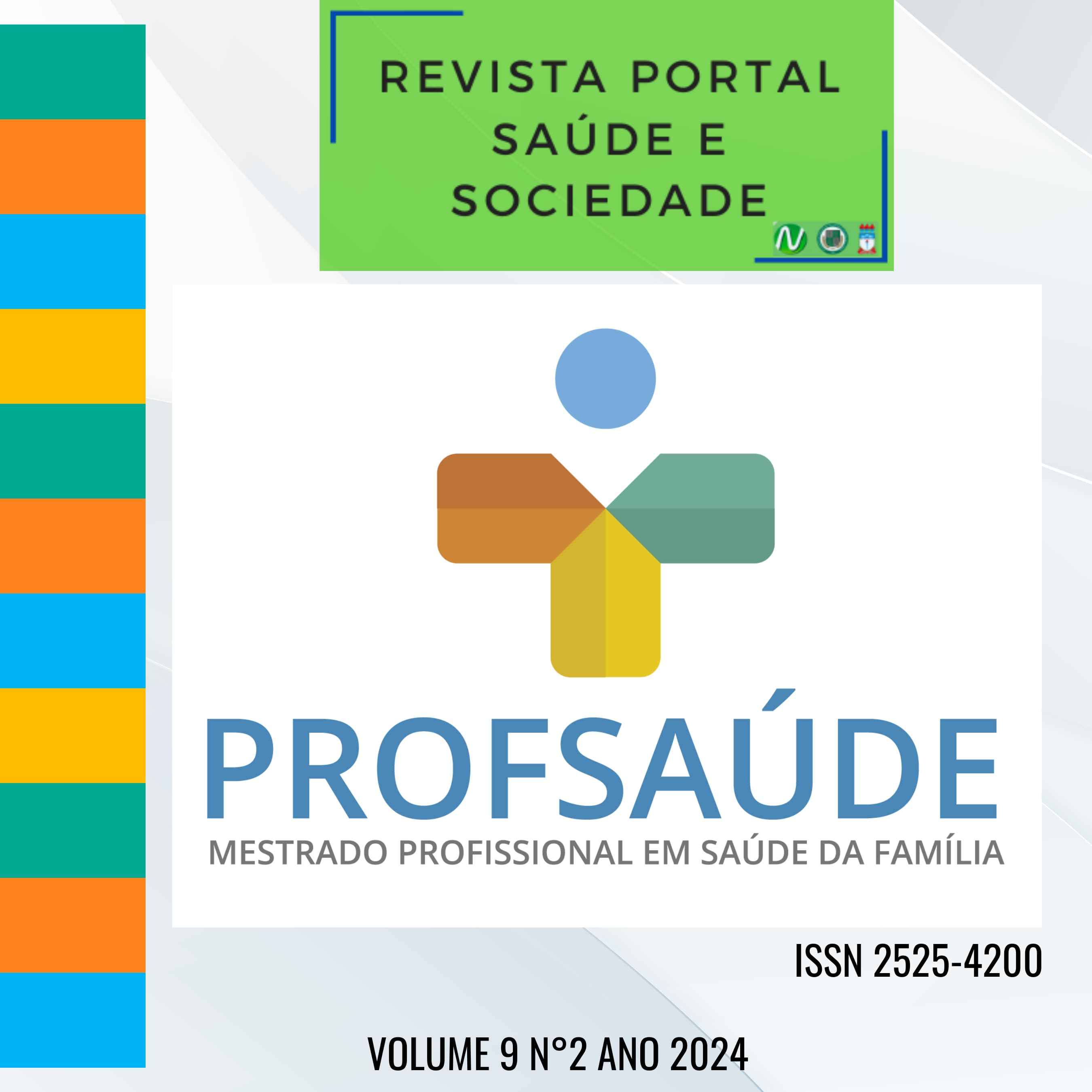Medical professionalism in undergraduate education: Expressed domains and identified gaps in curriculum analysis
DOI:
https://doi.org/10.28998/rpss.e02409003esp-2Abstract
Introduction: Medical professionalism involves practicing medicine in accordance with its intended identity and is an essential competence in undergraduate education. Objective: The aim of this study was to describe how medical professionalism (MP) is presented in the Course Pedagogical Project. Method: It is a qualitative, descriptive case study based on a documentary analysis of the Course Pedagogical Project of a medical degree program in the south of the state of Ceará. The data were organized and analyzed in light of the Competence Matrix of Medical Professionalism in Brazil. Results: The domains "cultural competence" and "commitment to technical competence" stood out in the analyzed material, in contrast to the others that were less frequently mentioned, such as "commitment to ethical aspects". The domains "collaboration and communication skills", "commitment to the patient", "the healthcare service and the profession", "reflective practice and self-knowledge" and "social responsibility" were also inadequately covered in the document. Conclusions: Medical professionalism is still fragmentarily presented in the curricula examined, indicating the need for greater pedagogical investment in addressing this competence. This text is the result of the stricto sensu postgraduate program Professional Master's Degree in Family Health (PROFSAÚDE).
Keywords: Professionalism; Medical Education; Professional Competence; Education, Premedical.
Downloads
Downloads
Published
How to Cite
Issue
Section
License

This work is licensed under a Creative Commons Attribution-ShareAlike 4.0 International License.
Esta revista adota a licença CREATIVE COMMONS CC-BY 4.0.
Autores mantém os direitos autorais dos textos publicados e concedem à revista o direito de realizar a primeira publicação do masnucrito. O trabalho é licenciado sob a Creative Commons Attribution License. Isto significa que o compartilhamento do trabalho é permitido, com o devido reconhecimento da autoria do trabalho e publicação inicial nesta revista.
As contribuições dos autors devem seguir as recomendações internacionais - International Committe of Medical Journal Editors: http://www.icmje.org/recommendations/browse/roles-and-responsibilities/defining-the-role-of-authors-and-contributors.html
O autor deve declarar que o artigo é original e que não foi publicado ou submetido em outro periódico, não infringindo qualquer direito autoral ou outro direito de propriedade.
Uma vez submetido ao artigo, a RPSS reserva-se o direito de fazer alterações normativas, ajuste ortográficos e gramaticais, a fim de manter o padrão linguístico, mas respeitando o estilo do autor.
Os artigos publicados tornam-se propriedade do RPSS. Mesmo assim, todas as opiniões expressas são de responsabilidade dos autores.
Esta é uma revista de acesso aberto, é permitido o uso gratuito de artigos em aplicações educacionais e científicas, desde que a fonte seja citada sob a licença Creative Commons CC-BY.





 Siga-nos no instagram
Siga-nos no instagram Ouça nossos podcasts
Ouça nossos podcasts









